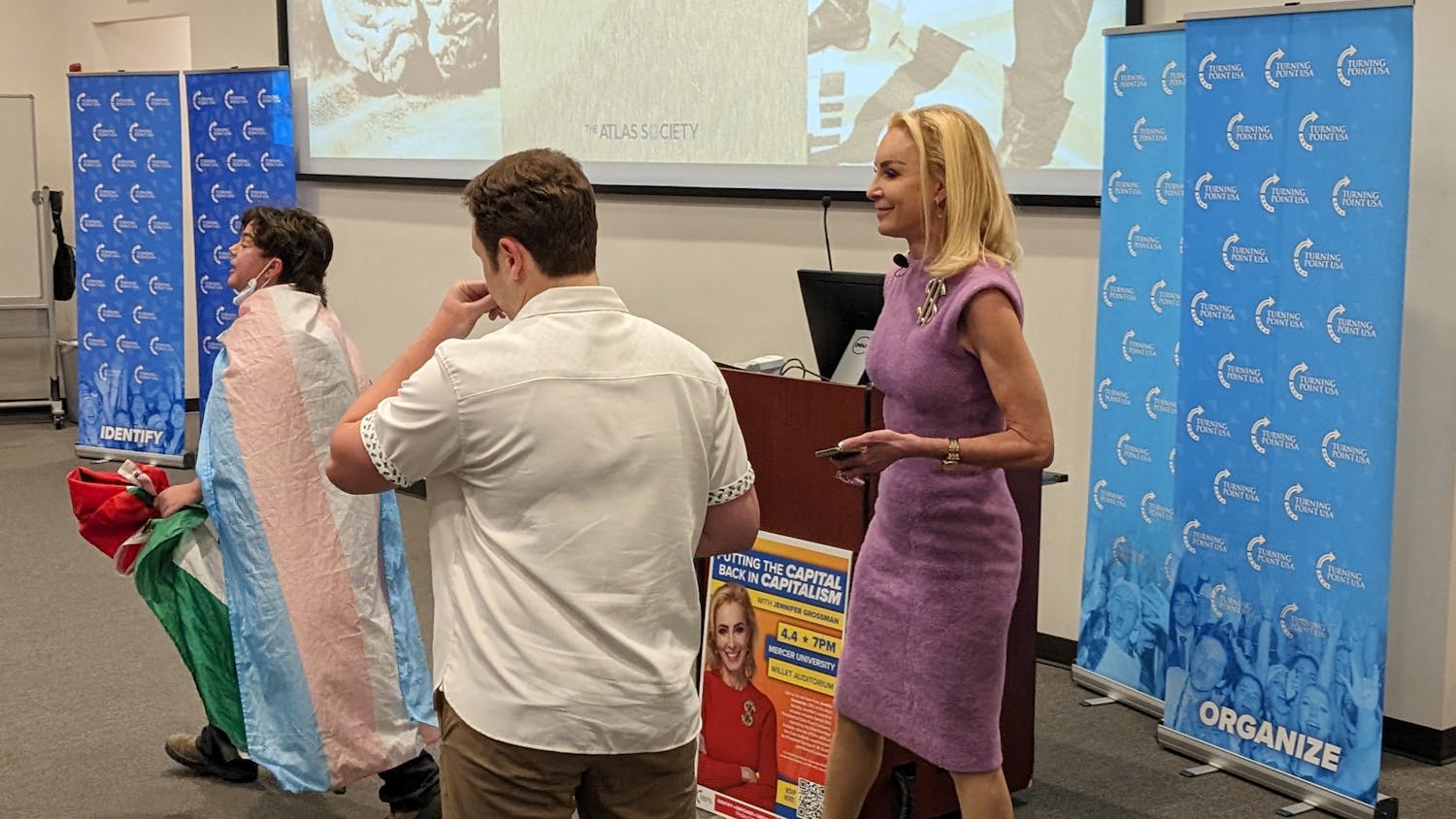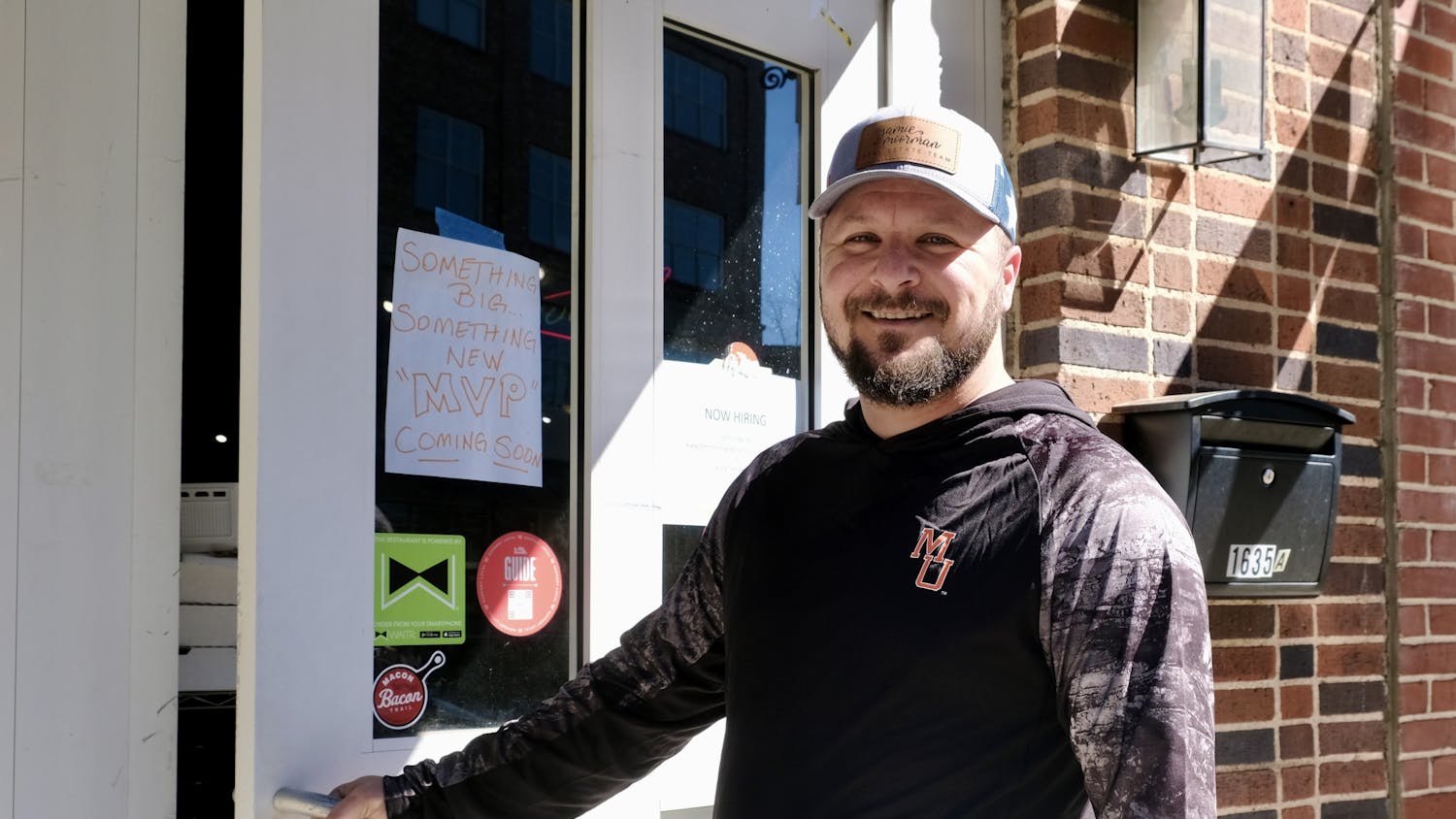The Vietnam Mercer on Mission trip is looking to expand its program, and perhaps even establish a full-time presence. This past December, volunteers including Mercer University president William Underwood and donor to the program Chris Sheridan traveled to two cities in Vietnam in order to fit prosthetics on some of the landmine victims. However, the trip also served the purpose of finding partners for this expansion. Mercer on Mission Vietnam currently has two organizations that it collaborates with in order to do the work that it does in the country. One, a Catholic agency named Caritas in Ho Chi Minh city, has provided both volunteers and a workspace for the Mercer volunteers. The Mission’s other partner is Dr. Nguyen Quoc Lap, a Vietnamese government official and renowned orthopedic surgeon. Lap is the director of the Can Tho Orthopedics and Rehabilitation Center in Can Tho, Vietnam, which is the other city that volunteers visited.
“Since 2009, we’ve been going every summer. We first did 35 prosthetics, and this last year we did 272, so we’ve been able to improve the prosthetic and now we’re faster than we’ve ever been,” said Dr. Craig McMahan, the director of the Mercer on Mission program. “And while 272 is a large number, 2,000 people step on landmines every year in Vietnam and blow their legs off. And even that doesn’t account for the 10,000 that are already there, so 272 is just a drop in the ocean. What we’re trying to do is establish a full-time presence in Vietnam, so that we can make a bigger dent in the issue.”
One of the troubles that face the program, is trying to find the right partners. While working with Caritas, the volunteers deal with some of the richer citizens of Ho Chi Minh city who want a prosthetic that looks like an actual leg. However, while partnering with Lap, the people that benefit from the prosthetics are rice farmers who don’t care for the cosmetics of the prosthetic, instead preferring durability. McMahan has said at this point, the program is favoring partnering with Lap, since as a government official and surgeon, he offers the program a credibility and makes it easier to do the work that they do.
Lap wrote a letter, telling about the recent Harvard Medical trip to Vietnam. “Everybody was all excited about Harvard Med. We rolled out the red carpet for them. They came, they palpated a few people, made a few diagnoses, took lots and lots of pictures, and then they left. Mercer comes, you guys work twelve hours a day, you fit 272 people with a prosthetic. Harvard’s not the number one university, it’s Mercer!”
McMahan said that it was important that Sheridan and Underwood were able to participate in the trip, since it allowed the two to experience first-hand what was actually going on in Vietnam, and gave them a new understanding of the program.
“The main thing about the program is the impact and the difference it makes,” said McMahan. He described one patient, a man who had lost both legs. He told the volunteers that he was treated like a dog because he had to crawl everywhere. He worked in the rice fields by making kneepads out of chunks of tires to provide for his three daughters, and when he was finally able to stand on his new prosthetics, he told the volunteers that they had made him a man again.
Though the program is still deciding on which direction to go, those in charge are already looking into moving into Cambodia and Laos. “The fact is that it’s a terrific prosthetic,” said McMahan. “And we can make them for $200-- normally they’re $8,000-- so very cheap and very good prosthetics. We’re really proud of the work that we’re doing and really proud of our students, who are helping with the fitting and continuing to raise money in different ways.”




